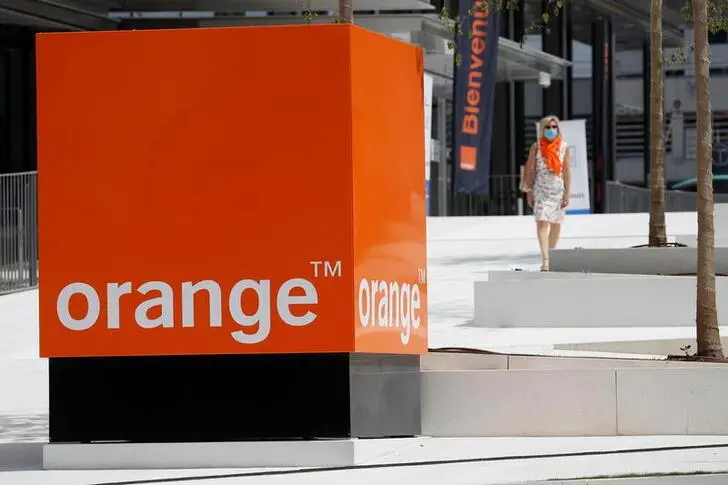PHOTO
Orange, France's biggest telecoms operator, said on Monday it has opted for Finnish telecom gear maker Nokia for the rollout of the core network of the so-called 'standalone' next generation of mobile internet, or 5G, in its home country.
The technology is installed from scratch instead of being based on 4G, and is capable of offering the highest performance, telecoms equipment maker say.
France accounts for more than 40% of Orange's yearly revenues and more than half of its core operating profits, making the choice of equipment makers crucial for the company. Orange is controlled by the French government via a 23% stake.
Orange said in 2020 it had chosen Nokia and Sweden's Ericsson to deploy its 5G network in mainland France, as China's Huawei Technologies Co Ltd faced intense political scrutiny in Europe.
The United States has lobbied its European allies to ban Huawei from telecoms networks on concerns that the Chinese firm could be used to steal Western secrets - assertions it has repeatedly denied.
French authorities have told telecoms operators planning to buy Huawei 5G equipment they would be unable to renew licences for the gear once they expire, effectively phasing the Chinese firm https://www.reuters.com/article/us-france-huawei-5g-security-exclusive/exclusive-french-limits-on-huawei-5g-equipment-amount-to-de-facto-ban-by-2028-idUKKCN24N26R out of mobile networks, sources close to the matter told Reuters in 2020.
Orange also opted for Nokia parts for the core network of its standalone 5G in Slovakia, the statement said. It chose Ericsson for the deployment of the same technology in Belgium, Spain, Luxembourg and Poland.
Providers of 5G equipment promise internet speeds up to 20 times faster than today, enabling autonomous driving, remote surgery and applications.
(Reporting by Mathieu Rosemain; Editing by Richard Chang)





















